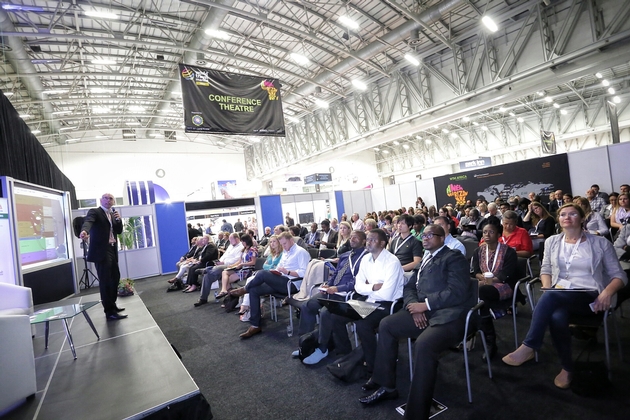
A post this week on Hotel and Resort Insider declared that two of the three travel trends for 2014 were ‘The Green Revolution’ and ‘Travellers Today Aspire for a Meaningful Holiday’. (The third trend I will talk about in the final paragraph).
How then, can businesses marketing responsible tourism respond? First, they need to understand why these trends are happening.
At its worst tourism is homogenous and destructive. It is disconnected from the places and communities around it. It lays waste to environments. Provides people with poorly paid, uninspiring jobs. I can go on holiday to Thailand and have the same experience as I would in the Cayman Islands, never leaving the resort, never discovering anything, never meeting anyone.
This is why for most typical tourists, the best part of the holiday take place before they actually go. When they are full of anticipation. When they have begun to escape a little from their work mindset, and dream of where they might end up, of what might happen. They are writing stories in their heads, fantasising, imagining the memories that they shall create, the adventures they will have.
And then comes the reality, and the bland, boring food, the disinterested staff, the same whitewashed walls. The story they were sold is too often an irresponsible and disappointing lie. No wonder they are looking for something with more meaning.
Meanwhile, the best people I know working in responsible tourism offer the opposite to this paltry packaged deal. They offer experiences for travellers that exceed the dreams and expectations they had at home. They connect visitors to local people who are engaged in the tourism narratives being created, because they see themselves not as bit part actors but significant players. Their stories play out in locations that are truly remarkable and that are unique and specific to the tale being told. And they ensure guests enjoy experiences and encounters that they will remember and retell for the rest of their lives. Not those ersatz after-dinner dances by a few jaded performers trotting out some quasi-cultural routine that no one who lives in the place would ever take any time to experience. But authentic, privileged, unforgettable encounters with whatever it is that makes life distinct around the world.
So why aren’t all these trendsetters rushing to buy our meaningful trips? What is the disconnect? I would argue that one major reason is that too many people are still selling holidays as products, when the travellers are looking for stories.
The key to tourism storytelling – it isn’t a product
Products have parts and functions. The key factors when selling them are volume and price.
A story has a beginning. An end. Characters. Events. Locations. Drama. It has Meaning. And it is bought and sold in a very different way. When you go to the cinema to watch a story played out on the big screen, does the way the film stock was produced, or the chemicals used in cleaning the seats, or whether the camera crew were fairly recompensed play any part in how the film is marketed, or in your decision about what to see?
But when it comes to marketing responsible tourism, this in large part is what we do. We shout about our unique features: It’s Fair Trade. Organic. Locally Sourced. We have a towel reuse scheme. We use no child labour. No animals were hurt in the making of this holiday. All good, vitally important things that people should do as a matter of course. But how do they impact upon the quality of the experience that people are seeking to enjoy? How do they make the memories more meaningful?
The answer is to present them not as features of our products, but components of our tourism storytelling. The wonderful characters you’ll meet. The incredible locations we visit (and yes, protect and conserve). The amazing adventures and experiences (authentic, fairly traded ones) that travellers who join our stories will have. Because we don’t just have the best features – we actually have the most meaningful stories. And these, as the Hotel and Resort Insider report makes clear, are what people are trying to find.
The third trend – mobile
As I said at the beginning, there are three trends. The third is ‘Cellular Technology’, which the article says is ‘The primary and the foremost factor influencing travel.’ Now you might say this is not a responsible tourism issue. Maybe not when you treat travel as a product; but if you see it as a story…
Tourists are now a network of mobile authors travelling in search of good stories. They come armed with camera phones, updating their blogs and profiles in real time from the free wifi in their hotel room. When they do this they are not just satisfying their own creative urges, they are working as your marketeers and ambassadors, sharing your stories with the people that trust their advice on where to go on holiday the most – their friends.
We have the green, meaningful stories they are all looking for. All we need to do is provide them with the characters, plots, and locations, and they will share our stories with their world.
The Secret of Good Tourism Communications (or Why I Hate Towel Reuse Schemes)